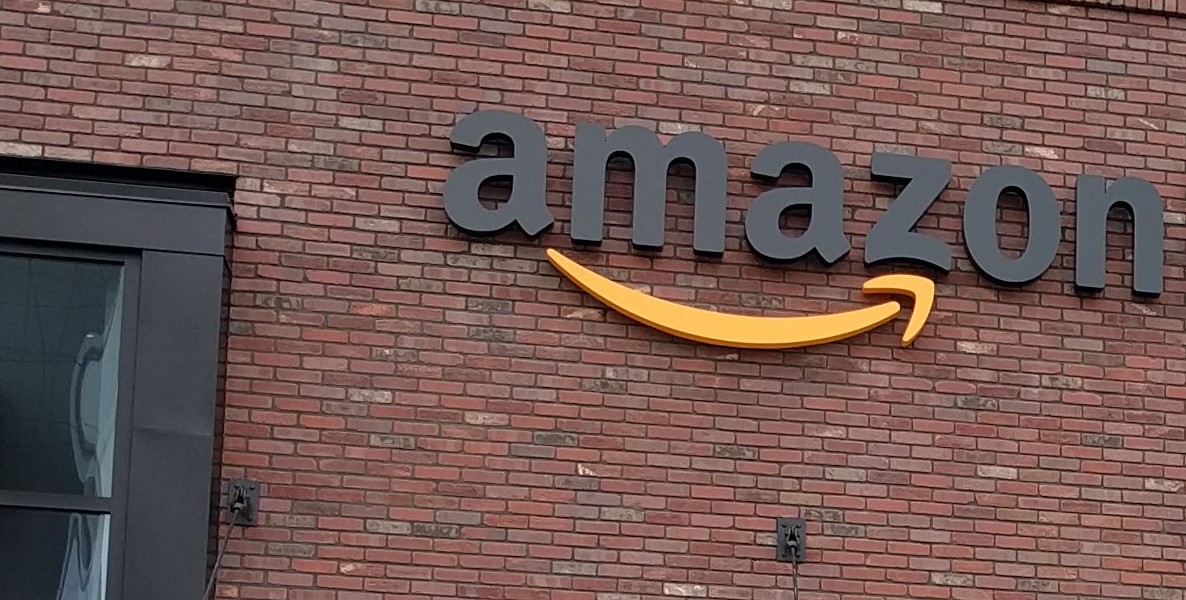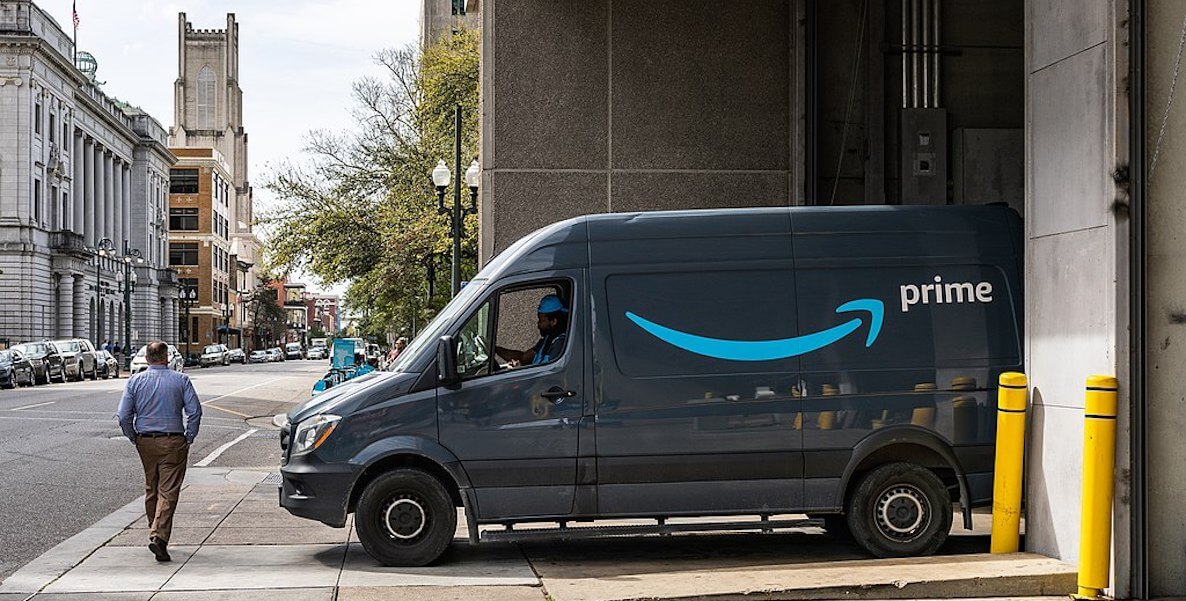Back in the ‘80s, a young workout guy out of Delaware County took Philly by storm. He had a rebellious spirit and was obsessed with pirates. He anticipated the workout craze, built a physical therapy empire, sold it for a fortune, then bought part of the Sixers, and rebuilt that moribund franchise into the hottest of tickets. Through it all, Pat Croce was a master of branding and hype. He was, seemingly, all about the show.

Prefer the audio version of this story? Listen to this article on CitizenCast below:

But behind all the sizzle was a philosophy that we could use more of today. Croce was a devotee of Kaizen, the Japanese business philosophy of continual improvement. It’s a system of identifying problems and testing improvements. Achieving the goals of Kaizen means changing an organization’s culture such that, every day, everyone in it consciously does something to make the team better. Scorecards are filled out and weekly reports filed by employees at every level—from the new hire to the CEO—chronicling each and every incremental improvement each day. It’s a strategy that requires peer-to-peer accountability, and, ultimately, a leader willing to be held accountable for the dynamic changes that emerge from a culture of daily, incremental ones.
A Kaizen leader would use the Amazon loss as an opportunity. To drive home a culture of continual improvement, he’d conduct an autopsy into why we didn’t win, and then unleash a strategy, with goals and timetables, in order to win the next time we take the playing field.
I’ve been thinking of Kaizen a lot lately, because it seems to me its two overarching principles—the pursuit of continual improvement and accountability—are precisely what’s missing in our city government.
A deep dive into the fallout from our Amazon bid is instructive. Once we learned that Philly did not win the Amazon sweepstakes, the reactions fell roughly into two camps. One group argued that Philly had dodged a bullet, positing that any package of incentives was, in effect, corporate welfare and, by trying to entice the world’s richest man to choose us, we were actually worsening the gap between the haves and have-nots.
While there are legitimate concerns that would have to be managed had we gotten Amazon’s nod, (gentrification comes to mind), this critique ignores our special circumstances: We have hardly any tax base. We have 26 percent poverty, only a quarter of our residents hold bachelor degrees, and we’re behind 23 other cities in terms of economic growth. A city with that trifecta of data would be committing malpractice to not compete for 25,000 or 50,000 six-figure jobs. (Moreover, incentive packages are not corporate welfare; they’re investments. You can invest wisely or stupidly. New York’s winning bid, for instance, was smart: 85 percent of it was performance-based, contingent upon job creation and sizable investments in local communities.)
![]()
The other, less ideological, reaction is actually more troubling. From countless political and civic leaders, we saw a defensive instinct to essentially celebrate our participation trophy. “This was certainly not the news we were hoping for … but I can’t help but be proud of the bid we submitted,” Mayor Kenney said. “We are in a stronger position than ever to show businesses of all sizes that our city is an ideal place to live, work, and play.”
That’s fine, I guess, but it’s not exactly Kaizen. A Kaizen leader would use the loss—which is what it was—as an opportunity. To drive home a culture of continual improvement, he’d conduct an autopsy into why we didn’t win, and then unleash a strategy, with goals and timetables, in order to win the next time we take the playing field. The only civic leader I saw approach the news of Amazon’s selection that way was Drexel President John Fry, who, rather than merely cheerlead in an Inquirer op-ed, zeroed in on our comparative lack of workforce talent as an area where Philly came up short.
We know Jim Kenney can practice Kaizen—he can embrace problem-solving and accountability. He just has to first overcome his first, and worst, instinct: To deflect and defend.
To that critique, I would add our dysfunctional political system. Over a year ago, at the launch of Philly’s Amazon bid, a prominent elected official who had ongoing contact with Jeff Bezos at the time told me it was already a fait accompli: The political landscape in our state and city would scare Amazon away. At the time, Governor Tom Wolf and the legislature had blown numerous deadlines and couldn’t come up with a state budget, and Jim Kenney had just cemented his reputation as the nation’s premier tax and spender. “Businesses like certainty when it comes to tax policy,” he said, implying that Pennsylvania and especially Philly, with its high-tax, anti-business policies, couldn’t provide it.
Moreover, maybe labor leader John Dougherty wasn’t the best spokesperson to help make Philly’s case to Amazon. It’s shameful that, more than two years ago, the Justice Department leaked that he was under federal investigation, and there have been no updates since. At some point, it’s only fair to indict a target or not. (The same principle ought to apply to special prosecutors). But the fact is, Dougherty is still under investigation, and it wouldn’t take more than a Google search for Jeff Bezos to determine that maybe doing business with Johnny Doc might not be in his famously non-unionized company’s best interest.
As for accountability, the Kenney administration often seems unaware of that term. That’s not hyperbole; Kenney Chief of Staff Jim Engler said as much in a November 21 Inquirer story about how—eight months after Councilman Allen Domb’s cross-examining of finance officials during budget hearings—the administration has finally unearthed $21 million in accounting errors, leaving some $12 million still unaccounted for. The last line of the story was priceless: “As to the question of whether anyone will be fired over the $40 million in accounting mistakes, Engler said: ‘No, that’s not how we operate.’”
![]()
Screw “The City That Loves You Back.” You want a little truth in advertising? Maybe our new slogan should be “The City That Holds No One Accountable.” Off the top of my head, here’s a list of instances where obfuscating city officials refused to be held accountable:
Exhibit A. In any midsize private organization, bookkeepers who don’t reconcile bank accounts for years would be unceremoniously shown the door. Not so the $4.7 billion corporation known as Philadelphia. Under Finance Director Rob Dubow, accounts have gone unreconciled for years, $33 million has been missing for months, and $924 million in accounting errors were highlighted in a Controller’s report. Makes you confident that the city is a responsible steward of your tax dollars, huh?
I asked Dubow who was accountable and he said, “I’m responsible.” Interesting word choice, isn’t it? After all, taking responsibility is not the same thing as being held accountable. The latter includes consequences for failing to meet your responsibilities.
When Jim Engler says “that’s not how we operate,” the effect is to establish the opposite of a Kaizen culture. It says to all other city employees: Play fast and loose with your fiduciary responsibility to the taxpayer and there will be no consequences.
Contrast that with how the mayor of Spokane, Washington reacted when consecutive audits of his city’s accounting practices found material weaknesses. “I wish you the very best in your future professional endeavors,” wrote Mayor David Condon to his director of accounting.
I’ve been thinking of Kaizen a lot lately, because it seems to me its two overarching principles—the pursuit of continual improvement and accountability—are precisely what’s missing in our city government.
Exhibit B. It was revealed last year that fully one-fourth of all those pre-K programs the Mayor’s much-hyped soda tax was meant to fund had missing or incomplete FBI, state police or child abuse clearances in recent years and that three providers owed back taxes to the city. Tellingly, the Mayor didn’t respond to the news by acknowledging the problem and outlining a plan to fix it.
“It’s just paperwork,” the Mayor told Channel 6’s Chad Pradelli. “The only thing you raised is paperwork.” Try telling that to a parent who is sending her kid to a Pre-K program with a teacher who hasn’t cleared a child abuse check.
Exhibit C. It’s not just Kenney who appears allergic to being held accountable. District Attorney Larry Krasner deflected blame and practiced whataboutism when it came to light that a Honduran citizen, given sanctuary in Philadelphia, had repeatedly raped a 5-year-old. “The Trump administration has made it so that immigrant children can get raped because they’re afraid to call the police,” said Krasner, ludicrously blaming Trump for the rape of a 5-year-old instead of acknowledging that releasing those who would terrorize law-abiding communities back into them does nothing to advance the cause of immigration.
Exhibit D. Our poverty rate is the worst in the nation, and we’re the only big city to see median household income drop and hunger increase of late, all of which provided the disturbing context when the Inquirer zeroed in on the city’s anti-poverty office, the Office of Community Empowerment and Opportunity. Reporters Claudia Vargas and TyLisa Johnson detailed how the office has spent $65 million with hardly any results to show for it, save Executive Director Mitch Little’s $130,000 salary, the $95,000 for his assistant and scheduler, and the $160,000 for his speechwriter and executive coach.
![]()
The Kaizen leader would react this way: “What we’ve been doing hasn’t worked,” she’d say. “It is unacceptable that we lead the nation in poverty, in deep poverty, and in children in poverty, and that we have anemic economic growth compared to other cities. That’s why I’m convening the best and the brightest thinkers from academia, the private sector, the nonprofit cohort, and government to rethink what we’re doing and how we’re doing it. It’s time for a Marshall Plan on poverty in the city where American Democracy was created.”
How did Jim Kenney react? He hid behind a spokeswoman, maintaining that the city’s anti-poverty agenda is “comprehensive” and housed among various departments. “Looking at just the funding for one city department is insufficient to gain an understanding of the city’s efforts,” said Mayoral spokeswoman Deanna Gamble. Not exactly Churchillian, eh?
Look, Krasner’s flub on sanctuary cities notwithstanding, you can’t say he hasn’t put himself out there. He seems more than willing to ultimately be held to account. But is that true of the Mayor? There are those who suggest that Kenney’s taking back control of the schools from the state was really done out of fealty to the teacher’s union, and others criticize him for making the move before he had a plan for how to fund it.
But, clearly, Jim Kenney is passionate about education, and the bottom line is that he stepped up and accepted accountability on the fate of our schools. He has at least linked his fate to one policy outcome he will own.
So we know Jim Kenney can practice Kaizen—he can embrace problem-solving and accountability. He just has to first overcome his first, and worst, instinct: To deflect and defend.









